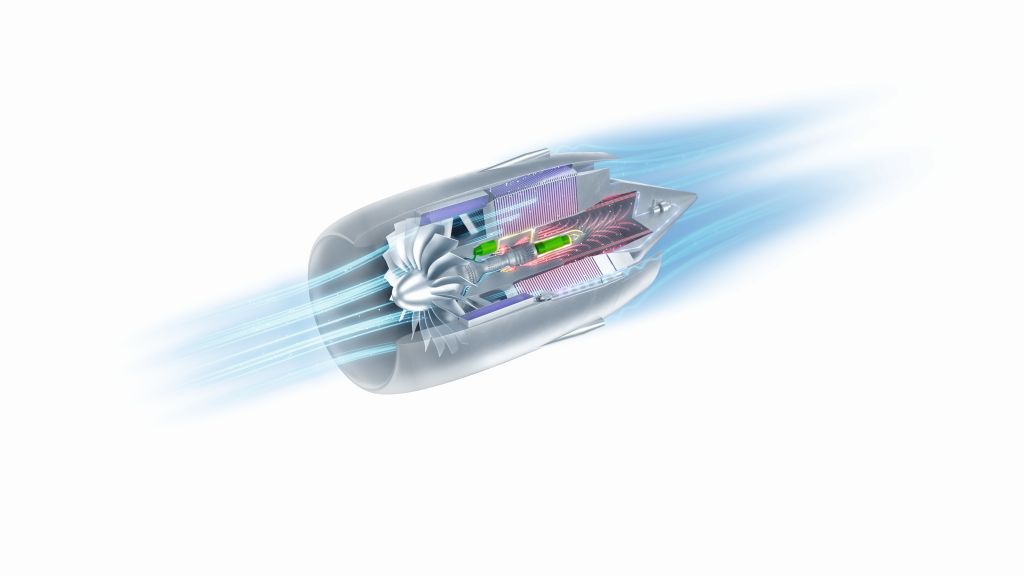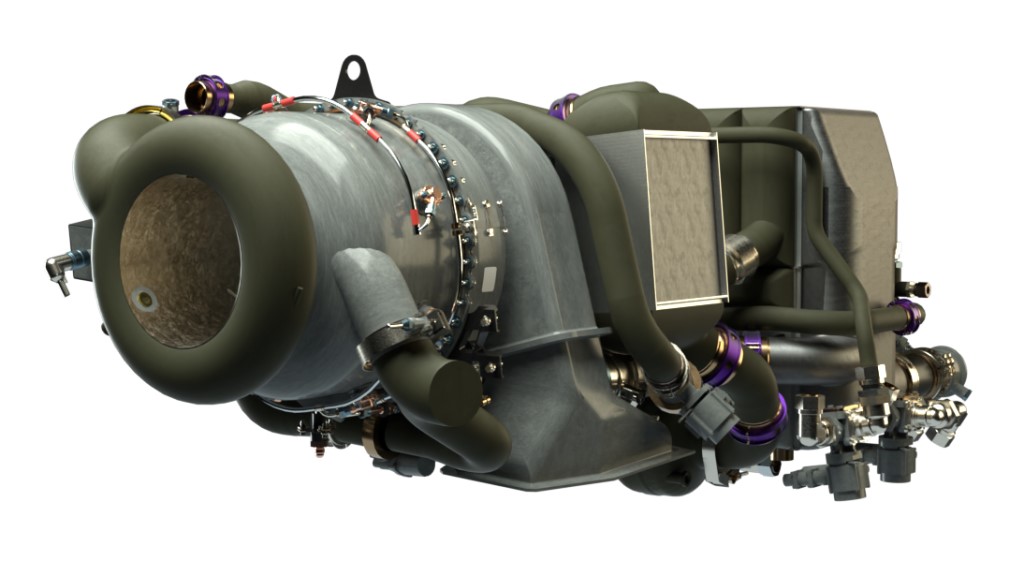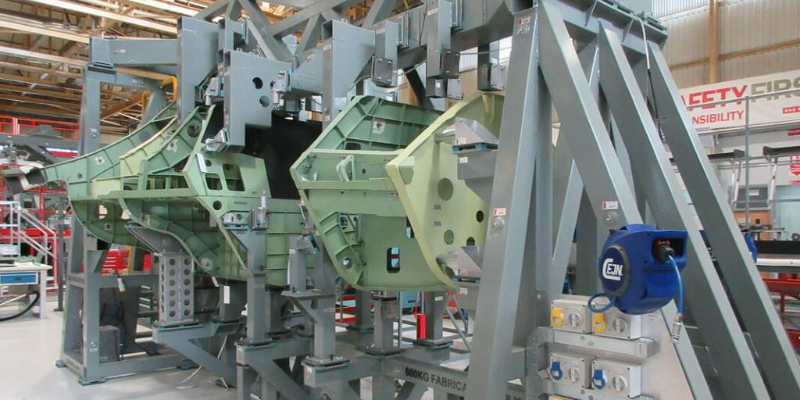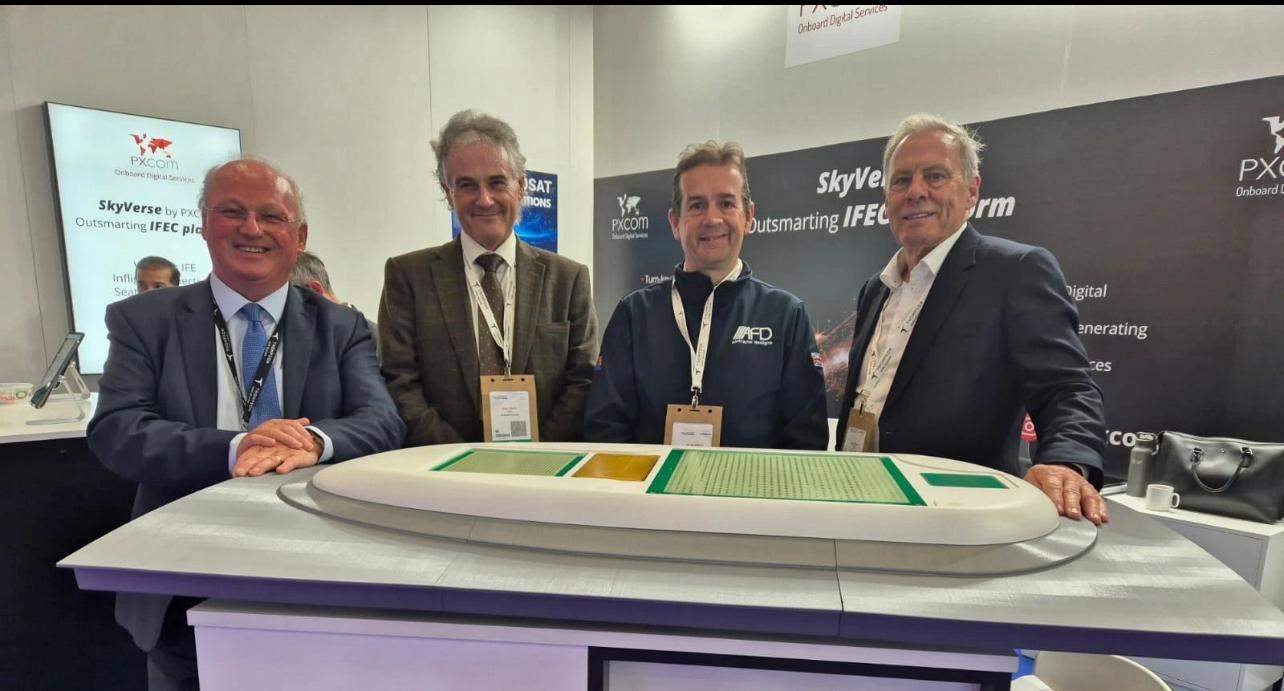
Collins Aerospace wins C-130 wheels, brakes, propeller contracts
22nd Sep 2021 | In News | By Michael Tyrrell
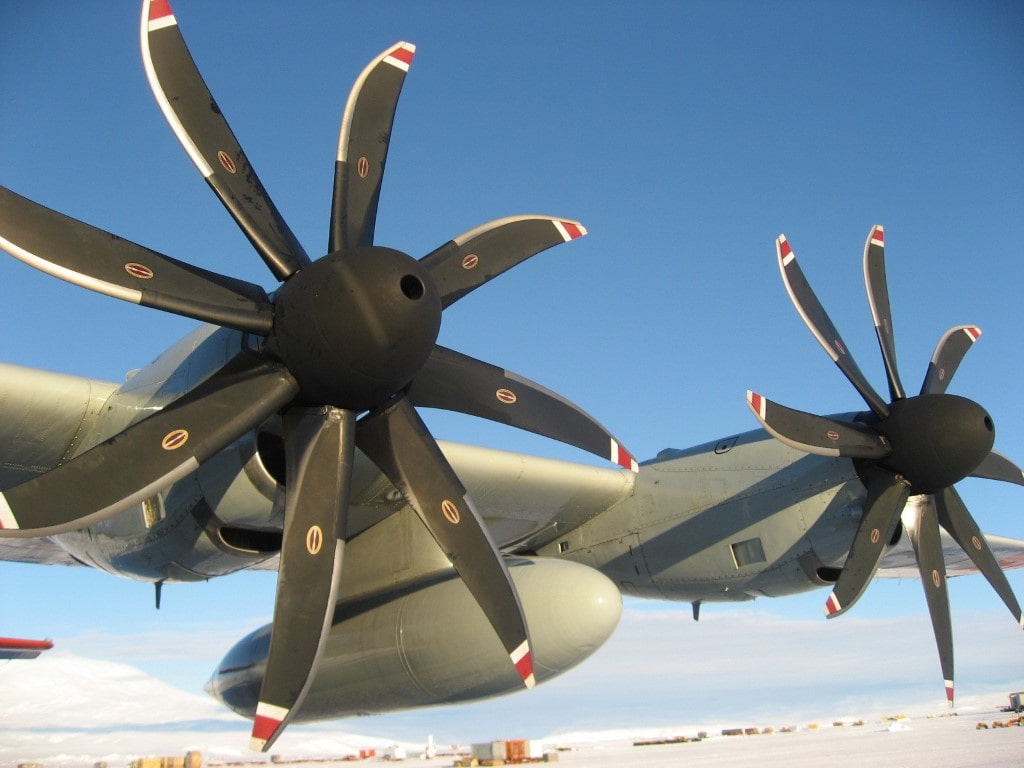
Collins Aerospace has won contracts to supply boltless wheels, carbon brakes and propeller systems for US military C-130 aircraft.
The company has been awarded a contract to provide boltless wheels and carbon brakes for 60 C-130J Super Hercules in production at Lockheed Martin for the US Air Force.
Collins’ equipment replaces the platform‘s legacy steel brakes, helping the Air Force reduce maintenance time and costs, while increasing aircraft availability.
The new C-130 wheels and brakes will be manufactured at Collins’ facility in Troy, Ohio, which has been named an elite supplier by Lockheed Martin Aeronautics for five consecutive years.
Elite suppliers are recognised for averaging 99% on-time deliveries and zero quality defects throughout the year and represent the top 1% of Lockheed Martin Aeronautics suppliers.
Collins’ Troy facility supplies wheels and carbon brakes for several Lockheed Martin platforms, including the F-16, U-2 and LM-100J, the commercial freighter derivative of the C-130J military airlifter.
“Our equipment will simplify aircraft maintenance and increase safety – ultimately helping our warfighters execute their missions with increased efficiency and success,” said Matt Maurer, general manager, military landing systems for Collins Aerospace. “This selection builds on our longstanding relationships with the U.S. Air Force and Lockheed Martin as a premier wheel and brake supplier with a proven record of performance.”
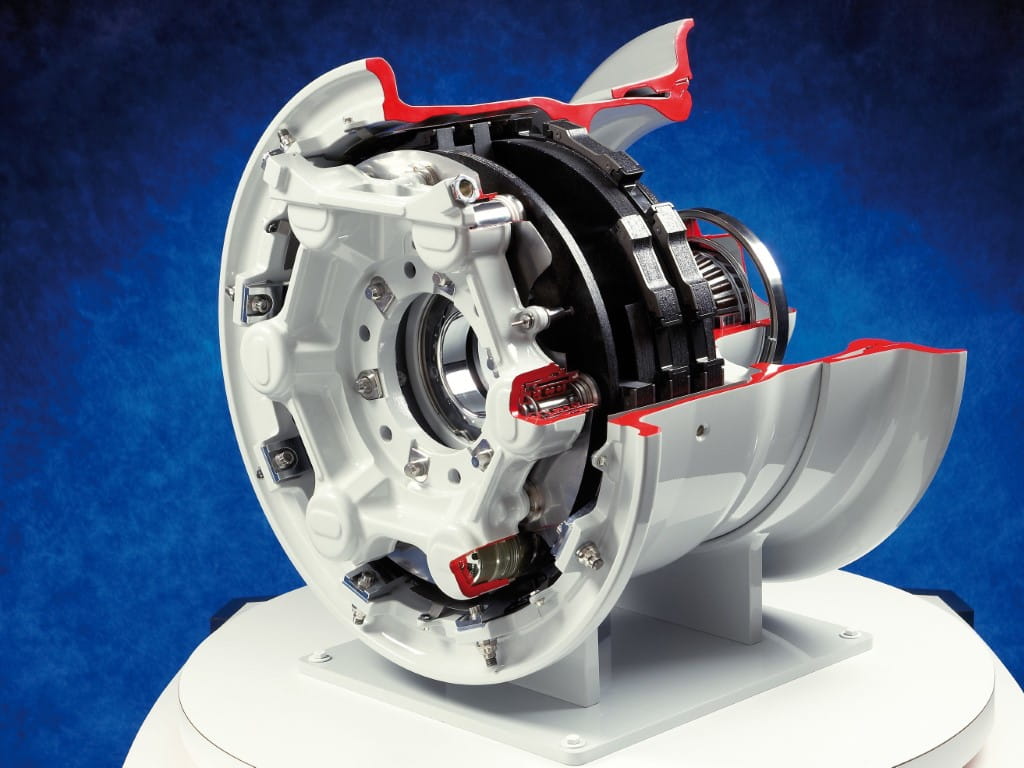
Collins’ C-130 brakes, which feature its Duracarb carbon heat sink material, can allow for up to 2,000 landings per overhaul – compared to 250 landings per overhaul experienced by operators of the C-130’s current system. That lifespan is eight times longer, significantly reducing maintenance time and cost. At the same time, Collins’ brakes are capable of handling higher energy than the aircraft’s existing equipment, which increases the safety margin when stopping heavily loaded C-130s.
Collins has also been selected to deliver NP2000 propeller systems for an additional 26 C-130H aircraft for the US Air National Guard and Air Force Reserve. The Air Force plans to retrofit approximately 140 C-130H with NP2000 and has now ordered NP2000 upgrades for 83 C-130H aircraft. Collins has installed the system on 16 Air Force C-130H to date, including aircraft for the Georgia, Nevada and Wyoming Air National Guard units.
“NP2000 incorporates advanced technologies that provide operators increased thrust, reduced maintenance and enhanced crew comfort,” said Quinlan Lyte, senior director, propeller systems for Collins Aerospace. “For these reasons, the Air Force has made NP2000 a central part of its C-130H modernisation efforts.”
With its eight composite blades and digital Electronic Propeller Control System (EPCS), NP2000 offers a 20% thrust increase during take-off, a 50% reduction in maintenance man-hours and a 20db sound reduction in the cockpit compared to legacy systems. NP2000 is also in service with U.S. and international customers on the E-2 and C-2 aircraft. The system has accumulated more than 1 million flight hours since entering service in 2004.
Consider a free digital subscription
If you find this article informative, consider subscribing digitally to Aerospace Manufacturing for free. Keep up to date with the latest industry news in your inbox as well as being the first to receive our magazine in digital form.


